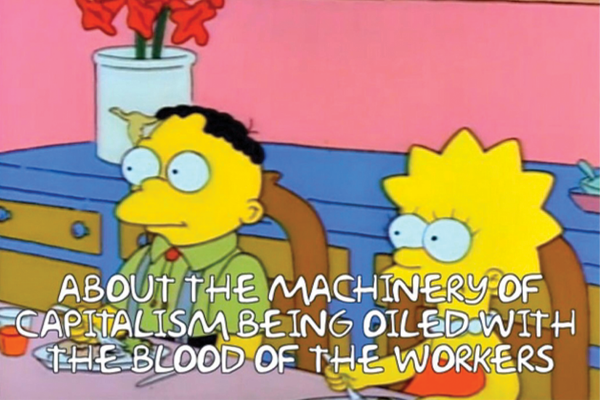It’s politics week, so I want to talk about donations. Specifically “big-time philanthropy”, which is not when Auntie Lorraine makes out a $2,500 cheque to the children’s hospital. I mean more like when Peter Thiel donated $1 million to the Christchurch earthquake recovery fund and then was quietly granted citizenship by John Key’s government (after spending just 12 days in the country). You’re gonna be hearing a lot about which party is raising the most money, and there are two points I want you to keep in mind when you think about what actually motivates people to give away their money.
The first problem is well-documented: donations can be tax deductible, which is great - in theory. In practice, it means that the few of us with massive stockpiles can effectively opt out of the public works scheme and choose where they want their tax dollars to go. Not a fan of light rail, but your local government is? Easy! Instead of paying the taxes that would be used to fund light rail, you can donate a large sum to a charity focused on giving rides to elderly folks (if that exists). This is a complete subversion of the democratic process and, when you think about it, it’s pretty evil. After all, every time someone makes this sort of donation, they get to bathe in the warm waters of public approval.
But this is doubly sinister because when you consider where that money is actually coming from, who is the real philanthropist? These billionaires are only able to exist because they’ve taken advantage of an exploitative system, one that transforms a person’s waking hours into capital and then squeezes the literal life out of them in an effort to extract as much capital as possible. “Time is money,” they say, so the inverse is also true: money is time. So when you’ve hoarded inordinate amounts of money, what you’ve really done is hoarded the minutes, hours and days of countless cogs in your human machine. The donations made by these billionaires are funded, as Homer Simpson put it, by the blood of the working class. It’s not their money it’s not their time; it’s ours. The real philanthropist is the one working their life away for less than they need to survive. That’s selflessness. Remember all that talk about “essential workers”, before we promptly shooed them back into poverty? They’re the philanthropists, literally donating their lives to keep us all afloat.
Since this economic system has been engineered to encourage wage-hoarding, these people will essentially be donating their time (er, money) to whoever's above them in the chain. Trickle-down economics in reverse - it’s more like economic vampirism. Finally, all of this time and money ends up filling the pockets of the top dog, who can then use the fruits of others’ labour to make big-time donations to whatever cause they please, subverting their taxation requirements and improving their reputation. They are free to influence policy and opinion almost entirely at the cost of the people they claim to be helping.
Neither of these ideas are mine originally. I’ve heard the first idea from several sources, but the second is from Barbara Ehrenreich’s Nickel and Dimed from way back in 2001. It’s only gotten worse since then.
Have a think about this next time you see which parties collect the most donations - right now National is well in front. ACT and National combined were making $8.50 for every $1 donated to Labour and the Greens. Only certain people in today’s world can actually afford to make donations. What might attract such a large portion of them to one party?






